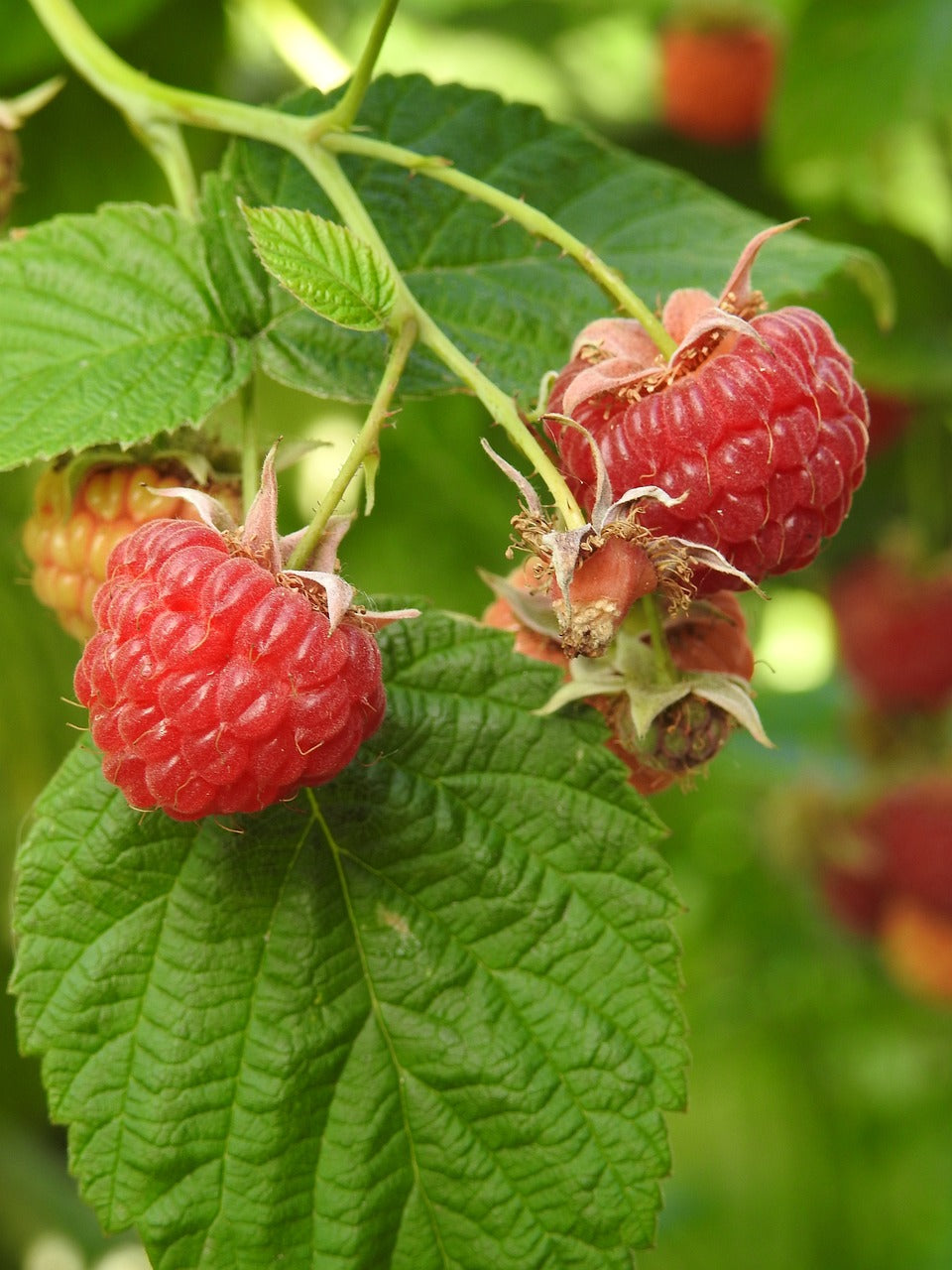
Raspberry
Herbal Action: Emmenagogue (parturient and uterine tonic), antispasmodic, astringent, stimulant, alterative, tonic, digestive remedy.
Medical Research/Uses:
Raspberry leaf has been shown to have a definite effect upon the uterus. Some studies claim that there are two distinct actions of the plant; one that stimulates the uterus and one that relaxes the uterus, offering a regulating effect. Crude raspberry leaves have been used for centuries in both Europe and by Amerindians to alleviate morning sickness, help in labor and to ease many menstrual problems. After delivery, raspberry leaves can tone up the female area, while reducing postpartum pain. It is a remedy for excessive menstrual flow (menorrhagia). It has also been used as an astringent (but milder than its cousin Blackberry leaves) gargle, and is considered very useful for cleansing the body of mucus. It is specific for relaxed mucous membrane tissue, used for the bowel and uterus. This plant has also been found useful for bowel laxity, with an astringent effect on diarrhea. Raspberry leaf tea has been used (often with another herb like eyebright) as a mild astringent for the eyes. It affinity for mucous membrane is great to use for allergies, influenza and colds with copious mucus (often combined with parsley leaves as a tea).
Additional Information
Part Used: leaves and fruit
